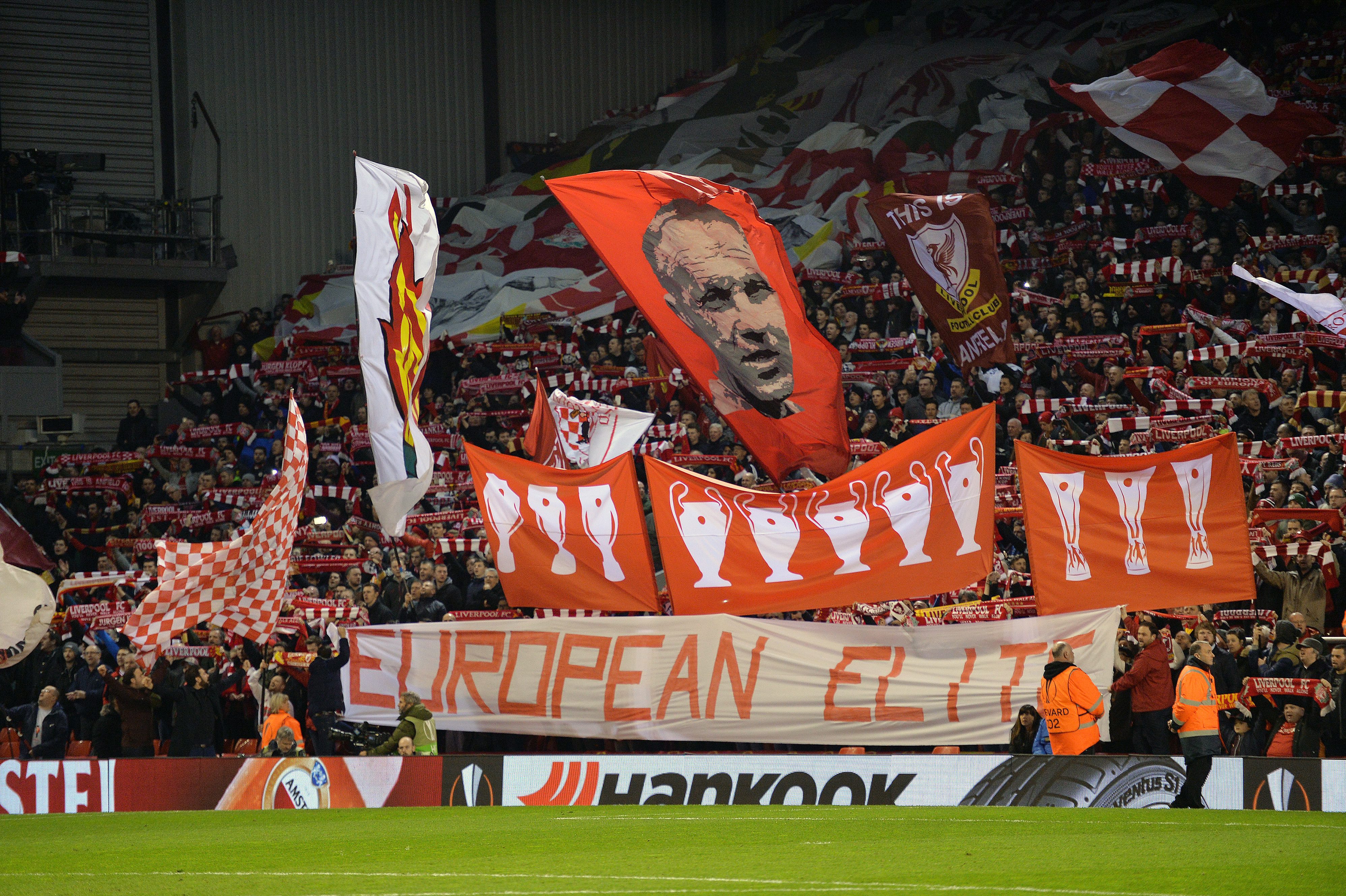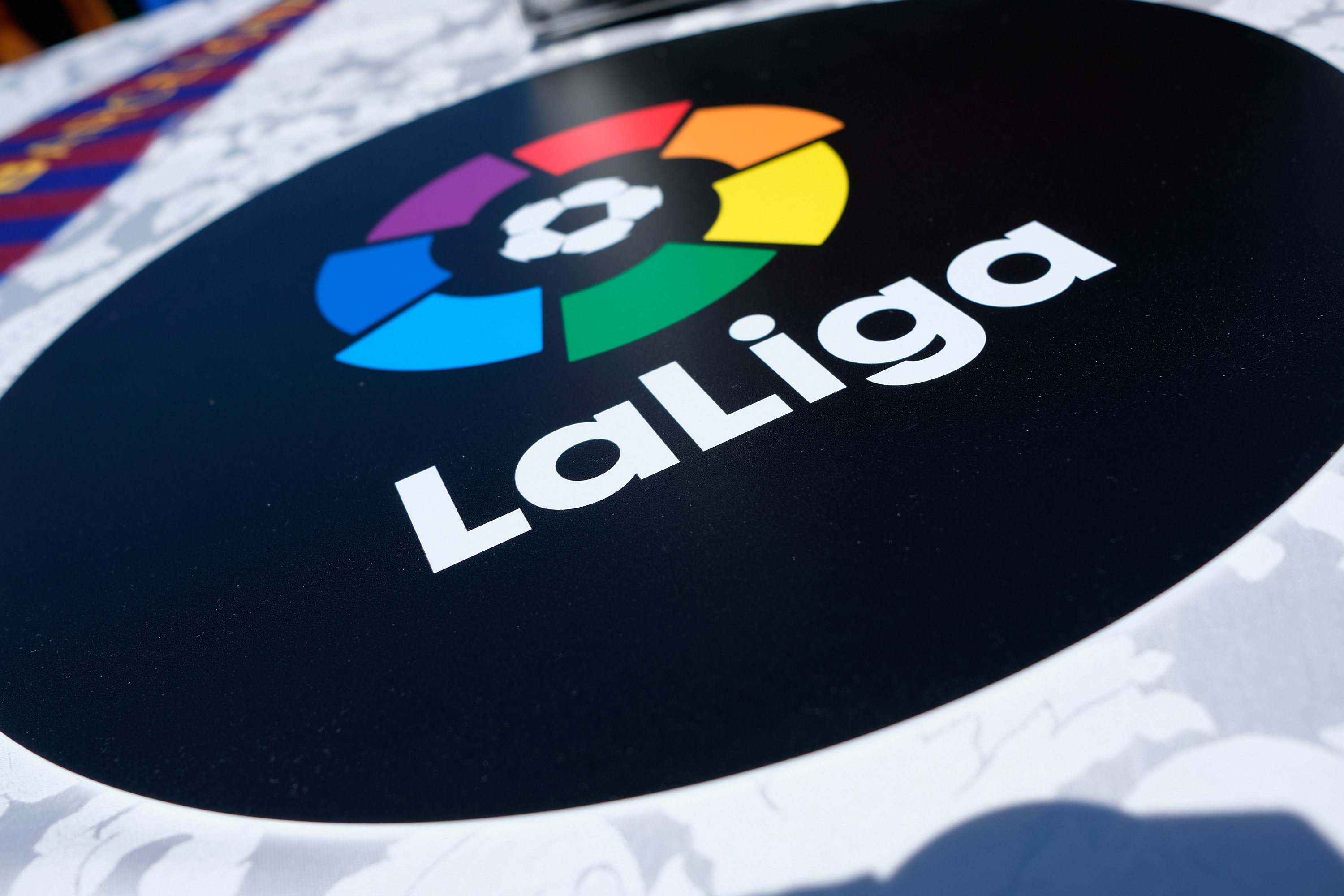The Hard Tackle looks at the impact of cryptocurrency in football in the last few years in the wake of the rise and stagnancy of the industry.
Cryptocurrency has been all the rage in the last few years, and football has not been far behind. And the concept has infiltrated the sport considerably for some time, exacerbated by the rise of the COVID-19 pandemic a few years ago.
David Chaum planted the seeds of cryptocurrency nearly four decades ago when he conceived the idea of “ecash”. But the concept started becoming a household name with the advent of Bitcoin in 2009. Since then, cryptocurrency has undergone several periods of booms and crashes, with the most recent phenomenon occurring earlier this year.
Speaking of bitcoin, in particular, the most recognisable cryptocurrency reached an all-time high of over $65,000 in 2021. But since then, it has seen a steady decline and is currently valued at less than $30,000. Nonetheless, bitcoin and cryptocurrency at large remain well-liked in football, with its rise coming during the COVID-19 pandemic.
That is when football clubs suffered on the financial front, with traditional sources of funding taking a hit. And as crypto in all its form reached its peak in 2021, it became an attractive point of income. And UEFA, European football’s governing body, has previously revealed that exposure to the cryptocurrency sector did help fill lost revenue streams due to the COVID-19 pandemic.
Meanwhile, David Barral, still an unknown quantity in the game, had his two minutes of fame in January 2021 when he joined DUX International de Madrid in a deal entirely funded by Bitcoin. But while Barral’s move was the first-of-its-kind transfer, football had its initial association with cryptocurrency as seven English Premier League clubs, including Tottenham Hotspur and Newcastle United, joined hands with the investment trading platform eToro.
Former Real Madrid striker David Barral has become the first-ever player to be bought using cryptocurrency, after being signed by Segunda B side DUX Internacional de Madrid using Bitcoin. (Source: @interdemadrid) pic.twitter.com/2ax3nbAMym
— Transfer News Live (@DeadlineDayLive) January 19, 2021
Since then, eToro has grown considerably in the game as they looked to “the first step in bringing the opportunity offered by Bitcoin and crypto assets to football.” Also in 2018, Rimini FC, a largely unknown Italian outfit, became the first club in history to be bought with cryptocurrency.
Quantocoin, a blockchain technology platform, acquired 25% of the club, making history half a decade ago, completing the deal in its cryptocurrency of the same name. Meanwhile, the concept of cryptocurrency has also found its way into the world of betting.
Using bitcoin for betting on football has been commonplace for a long time, and innumerable crypto-friendly websites offer customers the opportunity to place money on footballing events day after day. Meanwhile, football clubs have also started accepting payments from fans in the form of cryptocurrency.
In 2019, Benfica, one of the most well-known teams in the world, announced that they would accept Bitcoin and Ethereum payments to sell match tickets and club merchandise. CEO Domingos Soares de Oliveira said at the time that the decision came from a place of wanting to “stay ahead of the curve”.
Meanwhile, Bitget, the cryptocurrency exchange that Lionel Messi has endorsed, became the sponsor of Juventus’s women’s team earlier this year. Clubs have also stepped into the world of NFT, a non-fungible token, to increase fan engagement. But it has not all been hunky dory.
Can you name the player with Bitget logo on jersey arm?🤔#Juventus pic.twitter.com/n1HtZUGGyg
— Bitget Africa (@BitgetAfrica) March 3, 2023
Liverpool’s attempts to foray into the NFT world did not work as well as they would have envisioned. And fans soon started losing money on their investments. But that is hardly surprising, considering NFTs have endured one of the most drastic downfalls in the blockchain-associated sphere.
But the most widely followed crypto news in recent times has come in the form of a small club called Crawley Town. The footballing world was never the same when WAGMI United LLC, a group of American NFT investors, acquired the lower-league English club in April 2022.
The “crypto bros” promised swift ascent through the divisions in English football while talking about building a “tight-knit community” of fans “stretching from West Sussex to anywhere in the world with an internet connection”. But controversy has not been far behind when it comes to Crawley Town and WAGMI United.
Hilariously, WAGMI stands for “We’re All Gonna Make It” — a popular saying in the cryptocurrency world. Back to Crawley Town, they have been mired in controversy almost immediately after WAGMI United acquired the club.
Managers have come and gone, while they were in and around the relegation zone throughout the 2022/23 season. The media has also accused the owners of “reckless leadership”, with WAGMI United winning more naysayers and critics than fans since their advent in English football.
All in all, while cryptocurrency might be here to stay, they might only find consistency in the world of bitcoin betting on football and fan purchases in regards to match tickets and club merchandise. But beyond that, volatility might be the name of the game, with stability unlikely to be a factor anytime soon.





